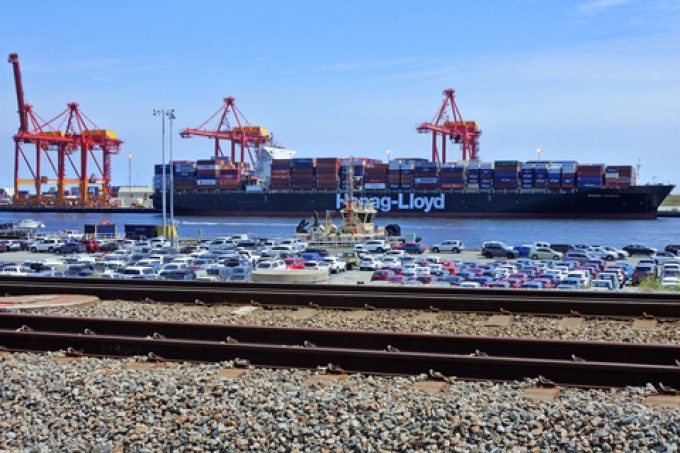'Damaging' port strikes at DP World Australia terminals extended
Dockers affiliated with the Maritime Union of Australia (MUA) have extended their strike action at ...

Australian shippers are battling a double-whammy of spiralling supply chain inflation, container detention fees and delays to manufacturing in China.
Not shy of criticising the “foreign-owned” shipping lines serving Australia, today the Freight & Trade Alliance (F&TA) has again called for greater regulation of the shipping ...

Comment on this article